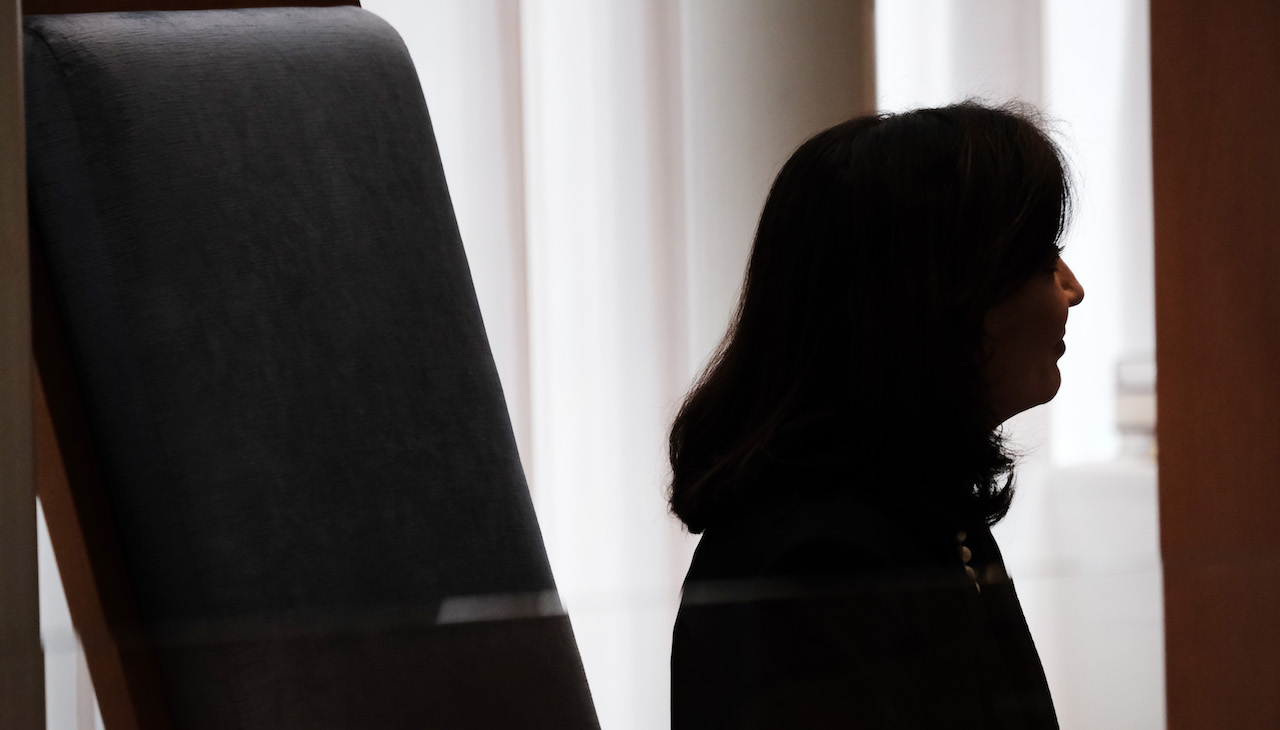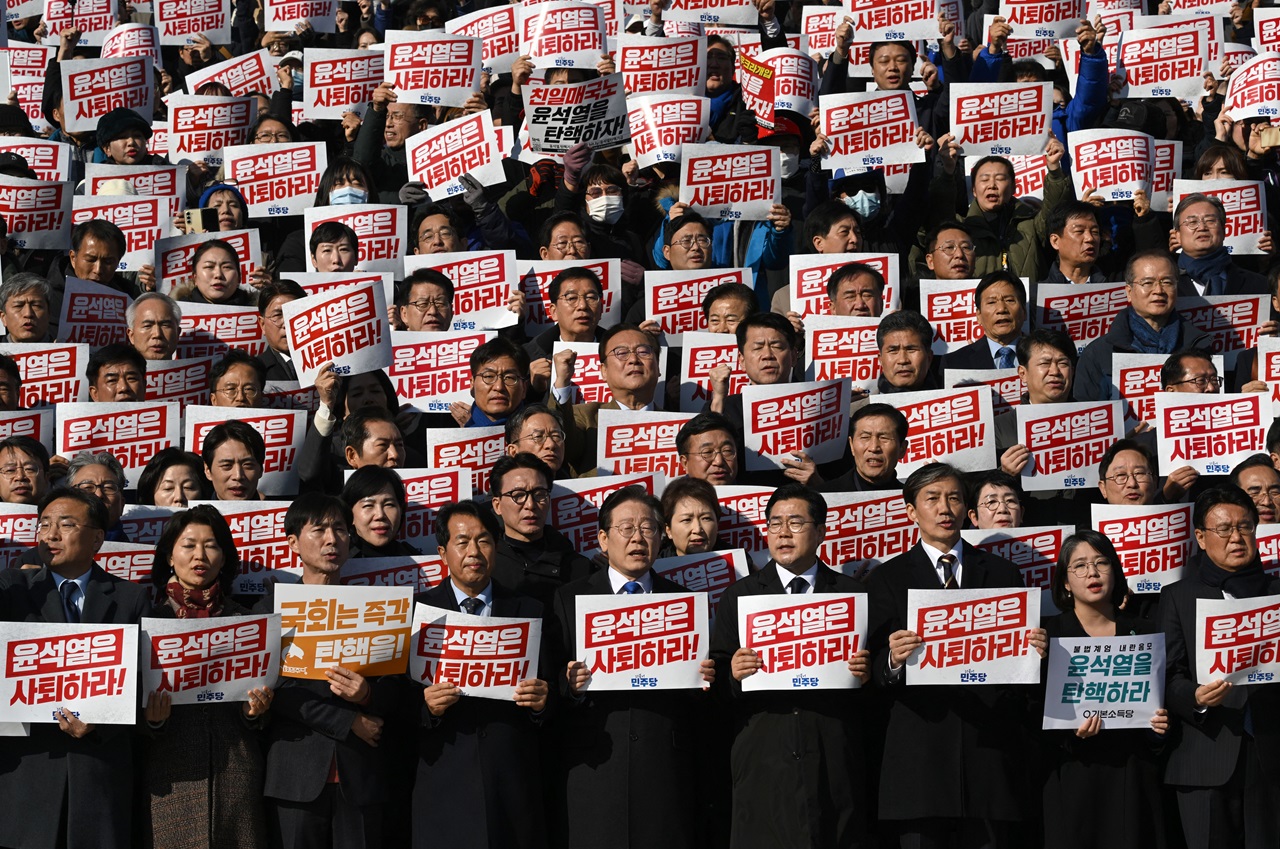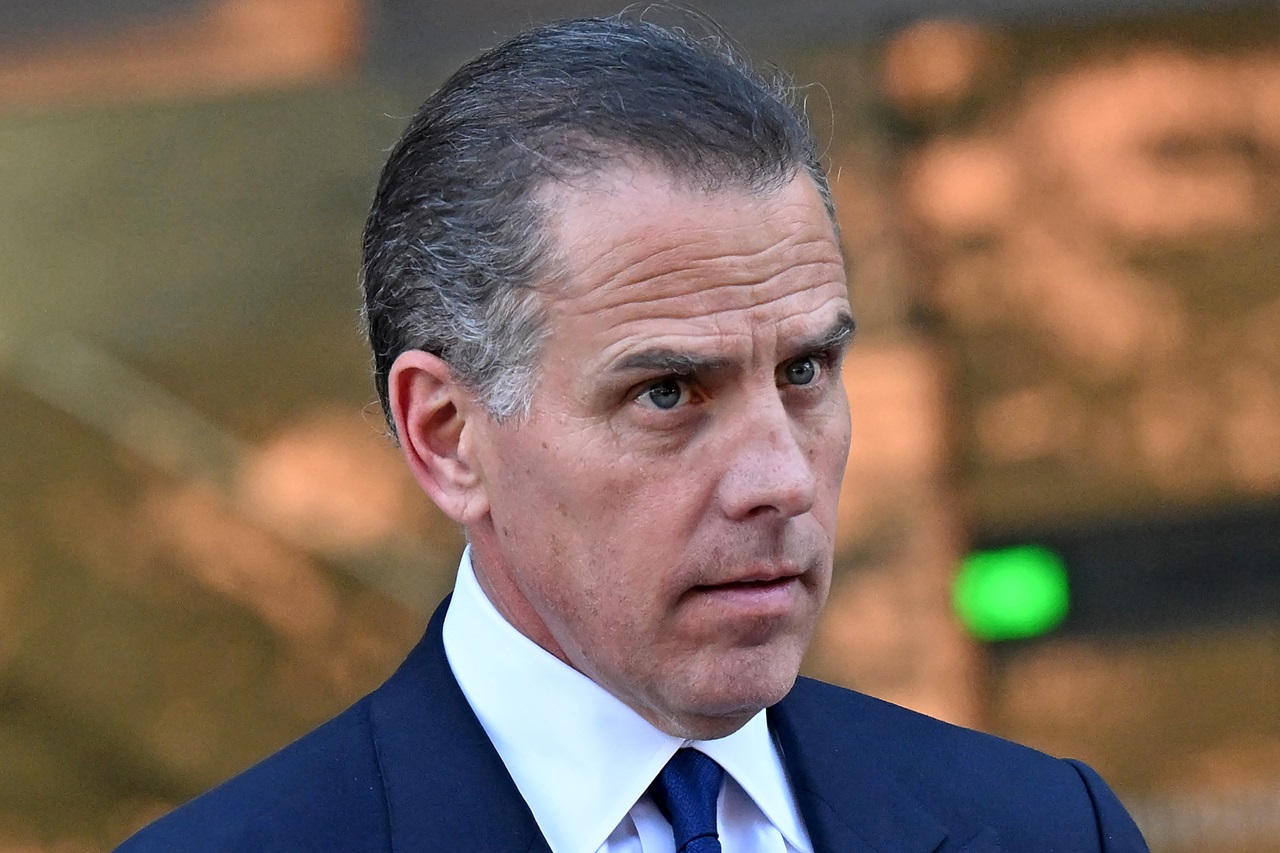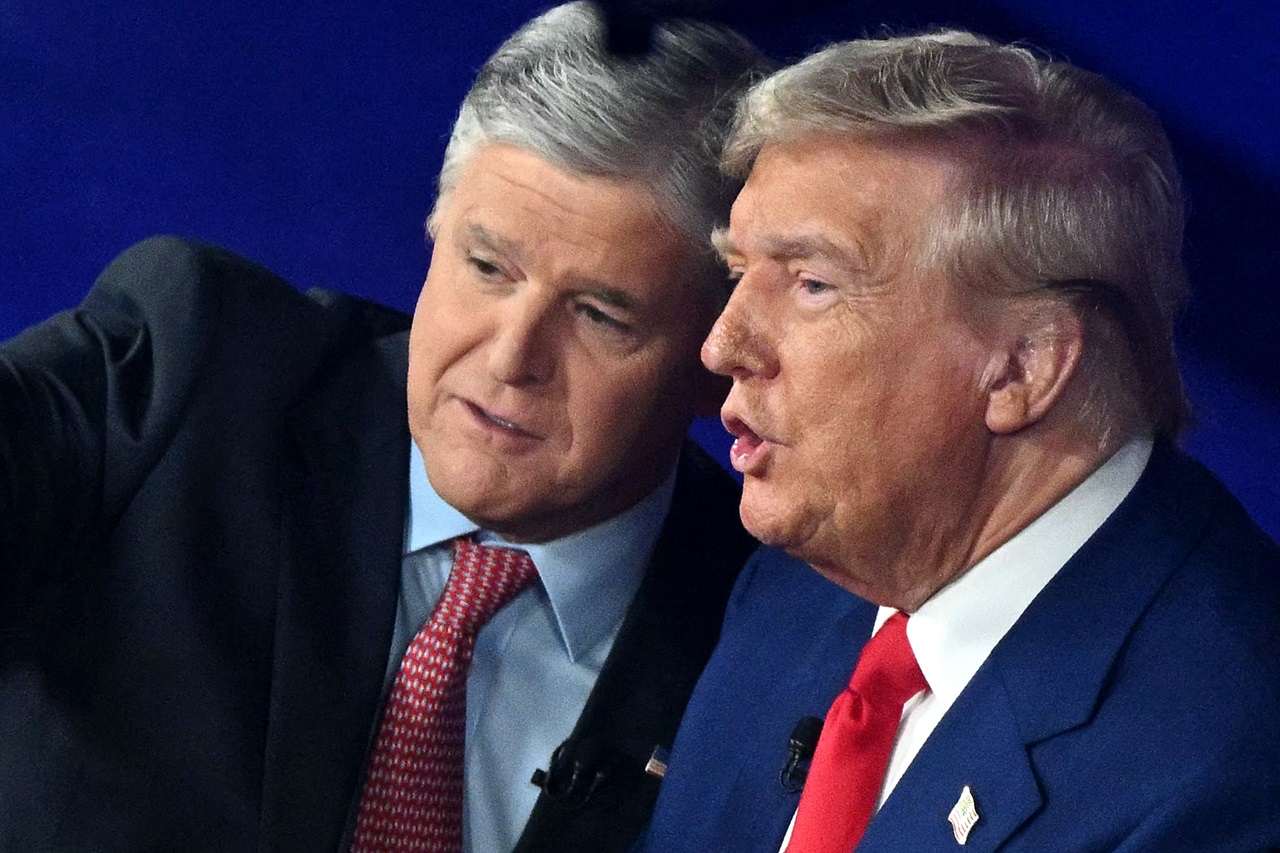
Kathy Hochul under pressure to rescind nomination of Puerto Rican judge for State Supreme Court
Judge Héctor LaSalle is the nominee for the New York State Supreme Court. He is also at the center of a divide between moderate and progressive Democrats.
New York Governor-elect Kathy Hochul weathers political headwinds amid furor this month over a recent pick for the State Supreme Court, whose record became a cause for concern for progressive Democrats.
Judge Héctor LaSalle, 54, became the nominee for chief judge of the New York Supreme Court, and in doing so, unveiled a split between the need to diversify the judicial chambers and strike a balance that satisfies moderate and progressive Democrats in the state.
The seven-member panel of the state’s highest court has no Hispanic or Latino representation.
At the outset of his nomination — which is pending Senate confirmation, in addition to questioning by the judiciary committee — he received glowing reviews from top Democrats in the State who celebrated Hochul’s pick.
U.S. Representative Nydia Velázquez said LaSalle “will help shape a court that is inclusive and representative of all communities statewide,” while U.S. Rep. Adriano Espaillat said Judge “Héctor is a proud Puerto Rican and would be the first Latino Chief Judge. This is a great feat for Latinos and our state of New York, which is stronger because of diverse leadership voices."
But the celebratory spirit behind LaSalle’s nomination dwindled when left-leaning New York Dems expressed their staunch opposition to his nomination, citing concerns over his judicial record, noted to be anti-union and anti-abortion, among other decisions, which serve as a litmus test for top Dem picks.
“Diversity without a focus on equity is not enough,” read a letter signed by U.S. Rep. Alexandria Ocasio-Cortez and other Latinx community and political leaders.
The letter, scathing in nature, said that not “every Latinx candidate for higher office is the same. As Latinx leaders we demand that Latinx candidates for higher office demonstrate values and principles that uplift Latinx communities and working class communities.”
LaSalle’s nomination, in all, revealed the ideological divide among a community historically piled together during high-profile political events and often treated as a single-issue constituency, whereas the positioning against LaSalle contrasts a starkly different image.
“Not every Latinx candidate for higher office is the same. As Latinx leaders we demand that Latinx candidates for higher office demonstrate values and principles that uplift Latinx communities and working class communities,” Brian Romero, one of the letter’s co-signers, told City and State New York.
Judge LaSalle’s record
At the heart of LaSalle’s growing opposition is his ruling record. He is the presiding justice of the Appellate Court’s Second Judicial Department, which intakes civil and criminal appeals from counties across the state.
In 2015, a lower court dismissed a lawsuit leveled by Cablevision against the Communications Workers Union of America for defamatory statements, citing state law prohibits companies from suing unions and union reps. for labor-related activity.
RELATED CONTENT
Although the appellate panel agreed that the suit against the union had no standing, it also said it could proceed against union representatives acting individually.
Another decision that provoked concern involved a 2013 case by then-state Attorney General Eric Schneiderman against Evergreen Association, Inc., a nonprofit that ran several pregnancy crisis centers in the city.
Evergreen, displayed as a medical facility, had no employees with medical credentials, but it sought to assist women with unplanned pregnancies to explore alternatives to abortion.
Schneider, backed by City Council — which found that Evergreen had “engaged in conduct which could constitute the unauthorized practice of medicine, including evaluating fetal health and requesting the medical history of clients” — issued a subpoena to investigate the company’s records.
The matter, which Evergreen called a “fishing expedition” and “politically motivated,” eventually landed on the appellate court’s docket.
And although the court did not squash the subpoena altogether, the majority opinion, of whom LaSalle was part, ruled the subpoena could have been beyond the purview of the DA’s office, by which the court dictated it needed to supervise the records.
What’s next?
LaSalle, who faces almost certain defeat in the Democrat-dominated New York Senate, will first need to answer to the Judiciary Committee which is expected to consider his nomination ahead of the Jan. 22 deadline.











LEAVE A COMMENT:
Join the discussion! Leave a comment.